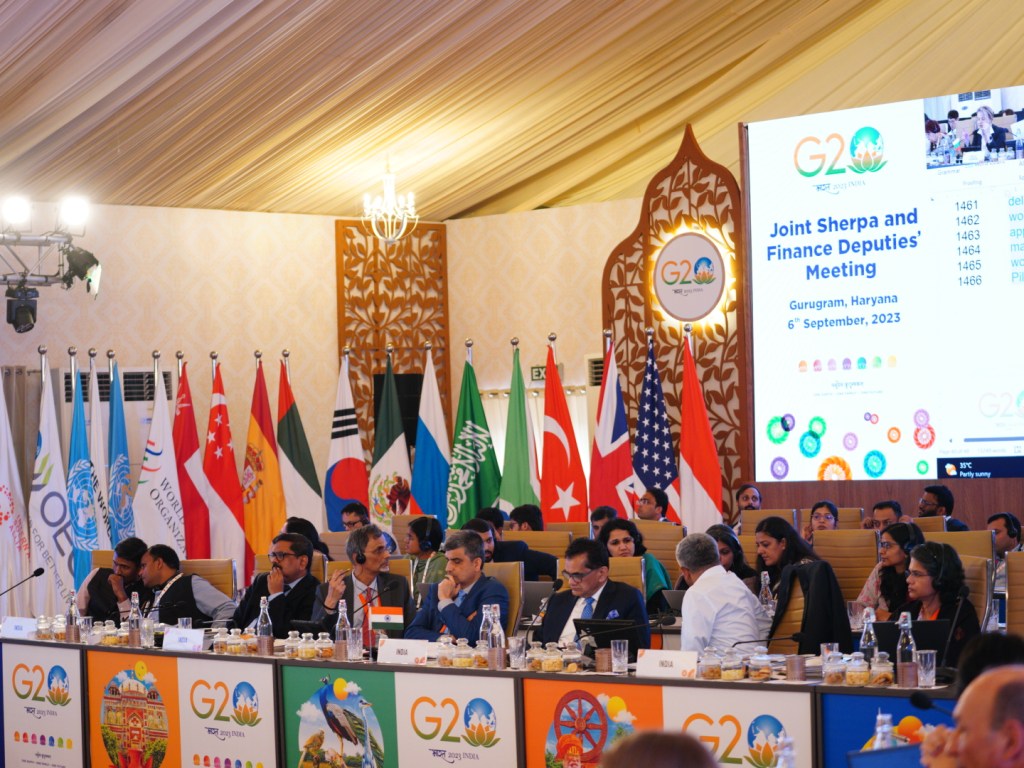
Yesterday concluded the 18th meeting of G20 leaders at New Delhi, India. On 9th September, the Indian G20 portal released G20 Leaders’ Declaration (Declaration) covering a wide range of areas: economy (inclusive growth and circular economy), finance (international taxation, issues in financial sector and money laundering), gender equality, SDGs, AI, and technology.
While there seem to be general commitments made in its preamble, specific aims have been enlisted under each category branching into sub-categories. While perusing through the Declaration, I found a couple of interesting IP related commitments. In order to achieve sustainable development goals, there is heavy reliance placed on protecting, repatriating cultural heritage and fighting against illicit trafficking of cultural property. A separate document titled ‘G20 Culture Working Group: Terms of Reference’ was also released that lists down the priorities set by the hosting countries since 2020 to frame G20 culture workstream. Priorities set by India are reproduced as it is below:
1. Protection and restitution of cultural property.
2. Harnessing living heritage for a sustainable future.
3. Promotion of cultural and creative industries and creative economy.
4. Leveraging digital technologies for the promotion and protection of culture.
Presently these are merely aims agreed and written down which is nice to see as aspirational goals. The picture would hopefully get clearer as and when some tangible actions take place since cultural heritage has complex branches like cultural expressions, architecture, artistic works, traditional knowledge, indigenous techniques, trade secrets et al with each having different requirements.
The other intriguing development is the Indian proposal of One Future Alliance (OFA) to implement Digital Public Infrastructure (DPI) in middle and low income countries. DPI is a developing concept but has been defined in one of the meetings between Indian and external partners on August 19 as a “set of shared digital systems that should be secure and interoperable, and can be built on open standards and specifications to deliver and provide equitable access to public and/or private services at societal scale and are governed by applicable legal frameworks and enabling rules to drive development, inclusion, innovation, trust, and competition and respect human rights and freedom” (see here). To put it simply, it will deal with increasing digital interconnectivity across the border focusing on free flow of data through open source software (para 55 of the Declaration). For example, as India has done with UPI and digilocker (see here).
Since this is a general declaration, such developments and goals are welcome considering the effort that must have gone into reaching a consensus amongst the countries.
Thanks to Swaraj for his inputs.
